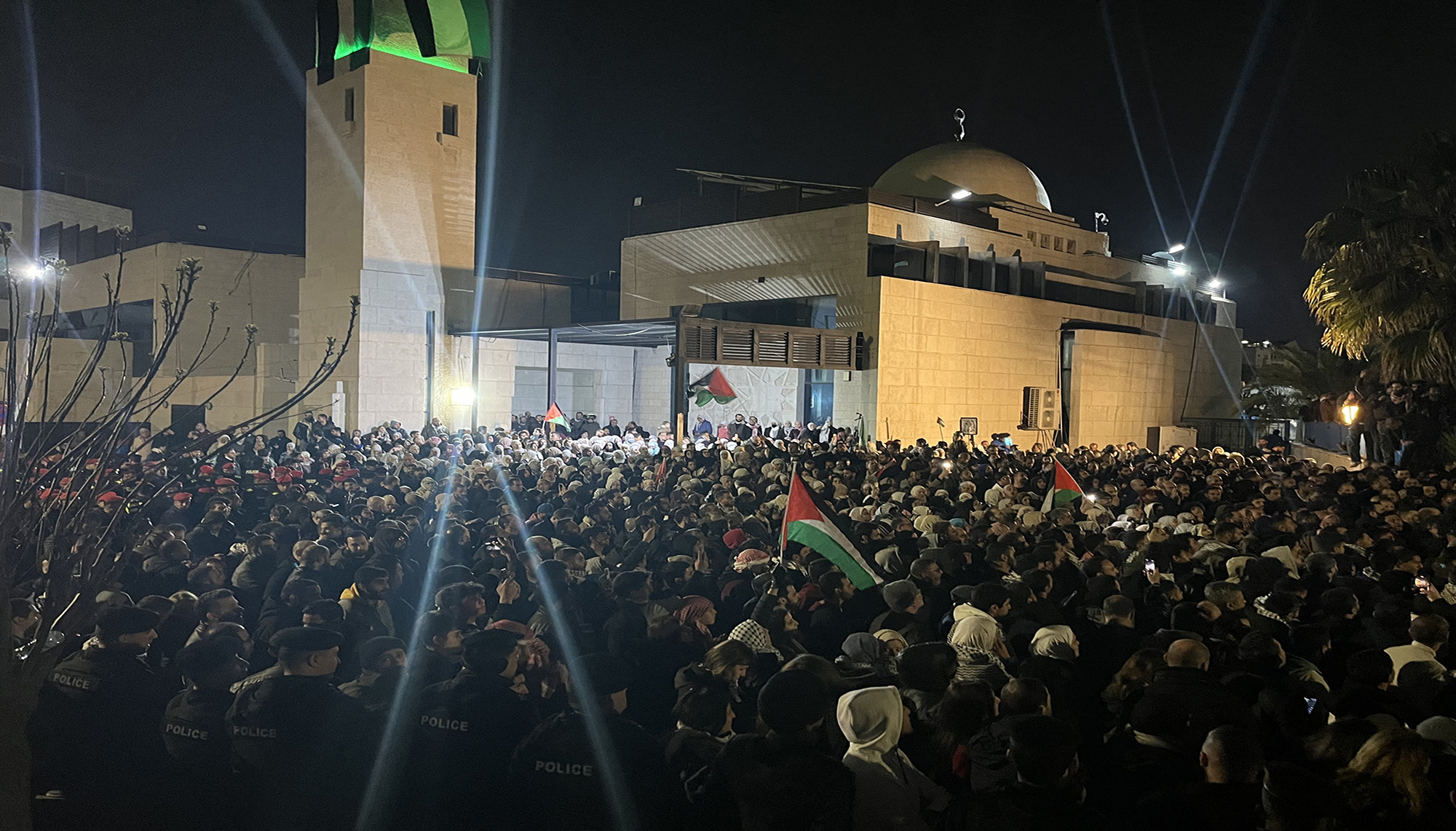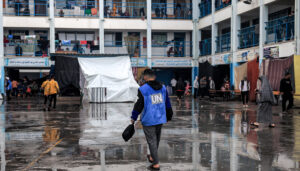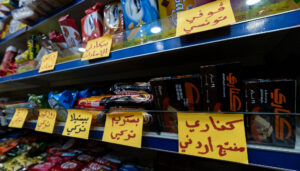Written by Musa Alshuqairi
With a questionable elections law producing a curious blend of shady characters ranging from old guard corruption figures to the so-called neo-liberals merchants the 15th Jordanian parliament was doomed from the beginning. Now that his majesty issued a decree to dissolve it, what questions is Jordan’s alleged democracy facing?
If you followed His Majesty King Abdullah’s recent activities over the past few days as they were reported in the Jordanian newspapers headlines – from AIPAC to KPMG meetings –there won’t be nothing there to indicate that the King will be dissolving the parliament a week before it is third regular session. But that does not necessarily mean that the decision was a surprise or that it was taken hastily and without enough discussion within the (one-man?) “decision making circle.” The fate of the parliament continued to be an issue of debate shortly after the elections and over the past two years where this particular parliament has reached unprecedented levels of incompetence and dysfunction (staple features of any Jordanian parliament – just look at the two men holding the speaker positions in the lower and upper houses as one simple proof of the failure of the whole experiment – yet there was never a point where a parliament member was accused of smuggling drugs and counterfeit currency until this year). A few Jordanians would be shedding tears over this parliament, but many others would raise a couple of questions:
How long would we be without a legislative body that would monitor the government and approve its laws?
Well, the constitution has us covered. “According to Article 73 of the Constitution, if the Lower House is dissolved, a general election will be held, and the new chamber has to convene in an extraordinary session no later than four months from the date of dissolution. The same article stipulates that if no elections have taken place by the end of the four months, the dissolved House will assume its full constitutional powers and assemble as if its dissolution had not taken place.” [Jordan Times Nov 24,2009].
But unfortunately this is not always the case. Following the dissolution of the parliament in 2001, the elections were not held under the ambiguous (not to say meaningless) “extraordinary circumstances” until 2003. Two years of constitutional vacuum resulted in more than 200 temporary laws under Ali abu al-Ragheb’s government (including the “land swap” between the state’s property and his majesty’s property that continues to be an issue of debate today, among many other controversial laws) – and that was during one of the most crucial periods in the history of the region, where every step needed to be monitored.
There are a number of crucial pending laws that this dissolved parliament was supposed to vote on, none more important than the income tax law. As dysfunctional as the parliament was, it was evident that there were some questionable articles that the parliament was not going to pass in this particular law. The way the government dealt with the Social Security Law is not a good sign for those with low and moderate incomes: withdrawing the SS law from parliamentary discussions to allegedly amend it, only to pass it as a temporary law after the parliament session is adjourned – a move that practically resulted protecting the 717 leaches who used glitches in the old law to drain the social security resources with monthly payments reaching JD22,000 in some cases, among other injustices that should have been passed by the people’s representatives.
The point is, as the region and the country continues to face ever-increasing challenges, any delay of the first new parliamentary session beyond four months should be unacceptable. Whether the parliament has been capable of assuming its constitutional responsibilities over the past 15 years is definitely an issue of debate. But its existence as an institution should never be questioned, suspended or delayed beyond its constitutional limits. Those who care about the democratic baby steps this country has taken and the minimal gains it has achieved against total autocracy should mark down the March 24th, 2010 as an uncompromising deadline.
What election law is going to be used for the next elections?
As many columnists and casual observers have noted today, if the new parliament is elected under the the old law that has proved its futility in producing a decent parliament, then there is no point of dissolving the parliament in the first place! While analysts and columnists are already discussing new potential laws, the second Royal decree issued today was unclear on the issue: “An early parliamentary elections should be held according to the provisions of the law.” There is no doubt that the elections law is what makes or break any potential democratic process. As Jordanians seem stuck between the totally irrational one-man-one-vote laws in divided districts, and the alternative of a closed list law in those same fragmented quasi-arbitrary districts (at least when it comes to demographic distribution), a complex political environment like Jordan cannot move into a true democratic form of government without an innovative elections law. These innovative laws are allegedly (at least according to this Jamil Nimri from al-Ghad) are tucked in drawers and it’s time for them to come out.
Tomorrow: One of these slightly outside-the-box suggestions for a new elections law drawn from an old abandoned drawer.











